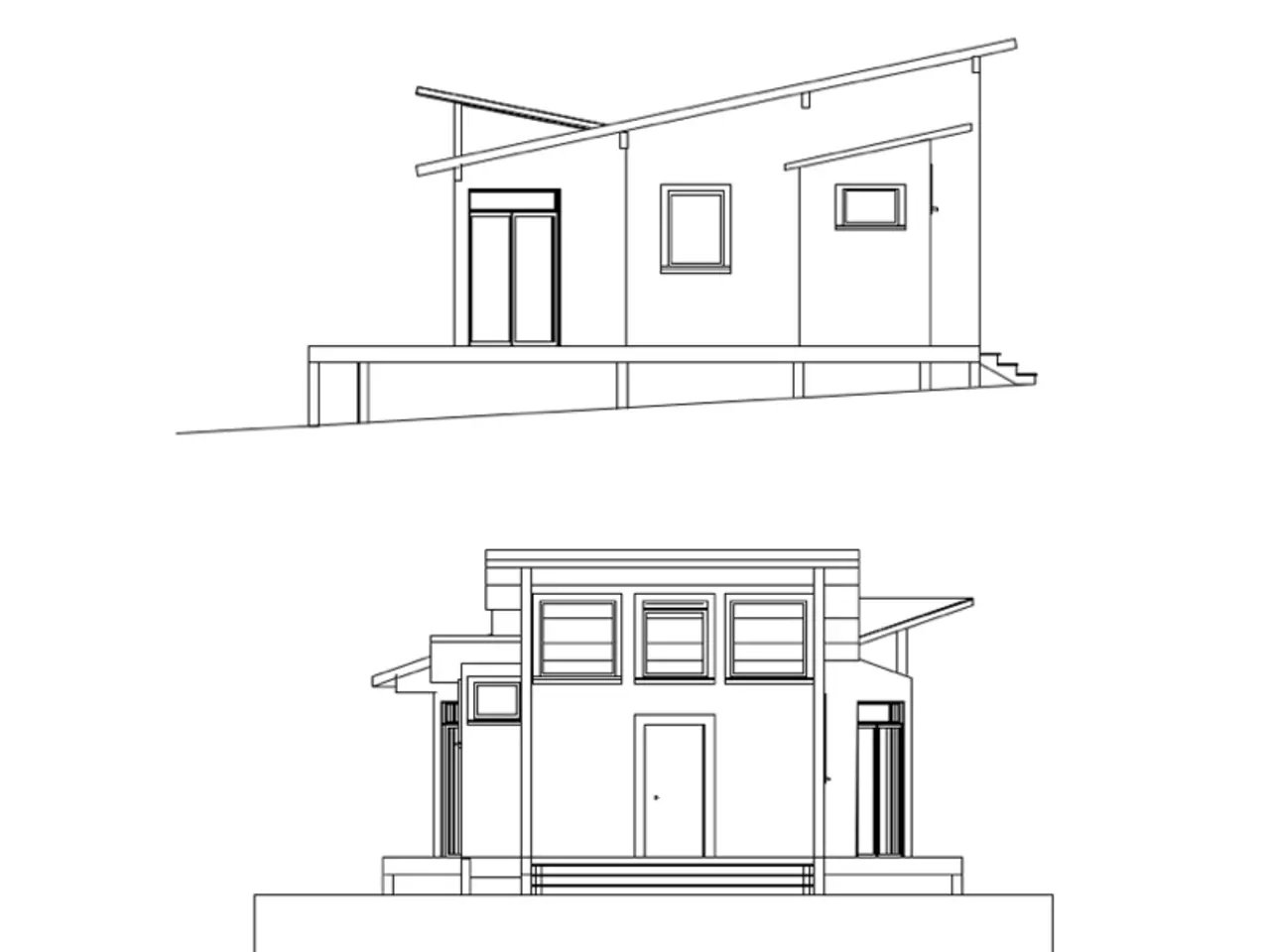Real estate analyst Richard Donnell from Zoopla identifies a three-bedroom property in this specific location as his top investment recommendation
UK Housing Market: Moderate Growth and Affordability Challenges
The UK housing market is projected to witness moderate house price growth over the next decade, with regional variations, according to Richard Donnell, executive director at Zoopla. Donnell, who leads the research team at Zoopla and boasts over 30 years of experience in the property industry, states that building more homes is the only long-term solution to ease the pressures on the housing market.
Currently, annual UK-wide house price growth stands at a modest 2.1% year-on-year, with projections suggesting average increases of about £86,300 over five years. From 2024 to 2028, average house price growth is forecast at approximately 2.7% annually, following a small expected decline in 2024 due to high inflation and rising mortgage rates.
Regionally, growth will vary. London prices are predicted to grow more slowly (~15.3% over five years), while regions like the North West could see faster growth (~31.2% by 2029). This trend is consistent with current data showing that Trafford (in the North West) house prices rose by 5% year-on-year to an average of £378,000 in May 2025, the highest in that region.
Mortgage rates have increased recently, with a 30-year fixed rate around 6.60% as of early August 2025. Easing mortgage regulations, such as stress test flexibility and higher loan-to-income allowances, are expected to improve access for first-time buyers, potentially increasing transaction volumes to about 1.2 million per year by 2027, near pre-financial crisis norms.
Affordability remains a challenge, especially in London where slower price growth is offset by higher absolute prices. More affordable regions like the North West are experiencing stronger price growth due to demand and relative affordability, making them attractive markets for buyers. Rental markets are expected to continue growing, especially in prime areas and London central zones, adding pressure on overall housing costs.
For the rest of 2025, house price growth is expected to be closer to 1%, according to Richard Donnell. He advises sellers to be realistic on pricing if they are serious about finding a buyer and moving home this year. On the other hand, first-time buyers should buy a home they plan to live in for 10-12 years, rather than chasing home ownership at any cost.
The affordability of housing is the biggest problem for home buyers and renters, according to Donnell. Almost two in five landlords bought their first property to live in and are leaving the market. The focus of today's landlords is on strength of cashflow and rental income, rather than letting rising house prices boost returns.
There are over 2 million private landlords owning property in the UK, providing much-needed rented housing. However, rising unemployment is the biggest risk to house prices, as fear of unemployment weakens demand and prices fall. Average mortgage rates are likely to remain relatively stable around 4% over the next 12 months, with some deals in the high 3% range.
In the next decade, house prices are expected to grow at a rate of 2-3% annually, according to Donnell. He suggests investing in a three-bed house that needs a refurbishment in a town in close commuting proximity to Manchester. For those looking to invest, Donnell suggests putting an inherited £100,000 in a self-invested personal pension (Sipp) over 2.5 years, investing in a low-cost 80-100% global equity blended fund.
The prime London housing market is struggling due to successive tax changes, Brexit, and competition for global investment. Changes to mortgage stress-test rules have allowed buyers to borrow up to 20% more than they could just three months ago, which may help alleviate some of the pressure on the market.
In summary, over the next decade, UK house prices should rise moderately but unevenly across regions, mortgage rates will likely remain elevated compared to pre-pandemic lows, and affordability issues will persist, influencing buyer behavior differently across the country.
- While house prices are forecast to rise moderately in the UK, affordability remains a challenge, particularly in regions like London, due to higher absolute prices.
- In an effort to improve access for first-time buyers, mortgage regulations are expected to be eased, such as stress test flexibility and higher loan-to-income allowances.
- For people interested in investment, Donnell suggests considering the purchase of a three-bed house that needs refurbishment in a town close to Manchester, which could potentially offer good returns in the future.
- For those planning to invest, Donnell advises putting an inherited sum of £100,000 into a self-invested personal pension (Sipp) over a period of 2.5 years, and considering a low-cost 80-100% global equity blended fund for diversification.




